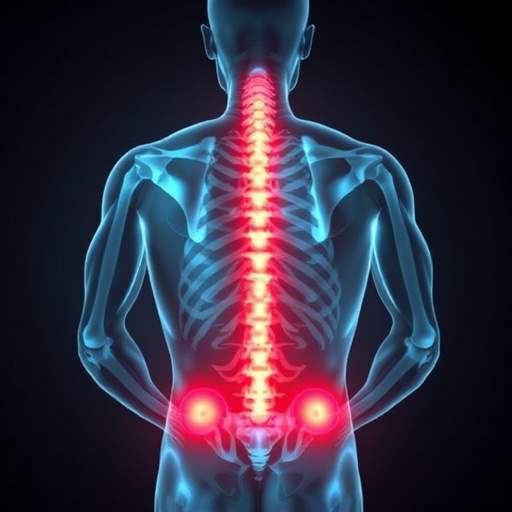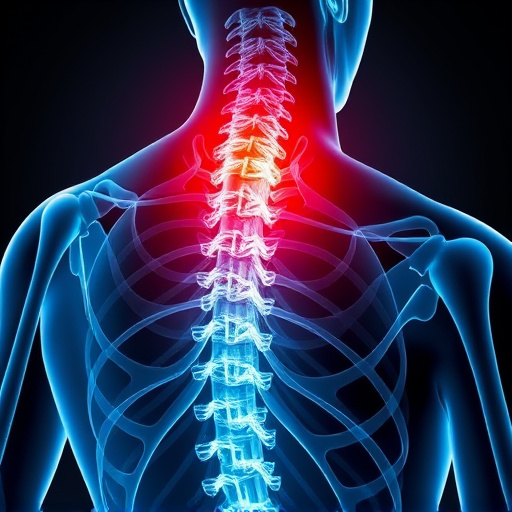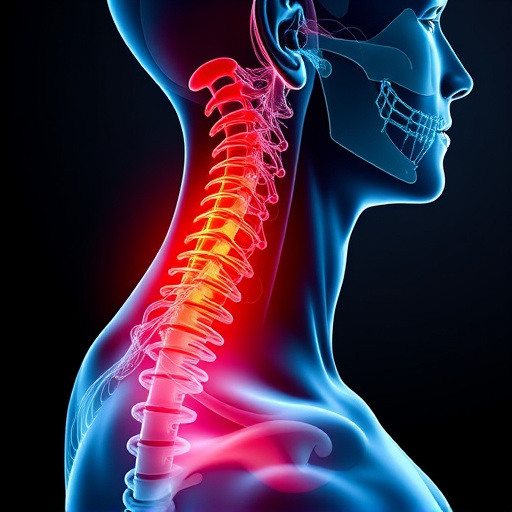Chronic pain, persisting despite healing, severely impacts quality of life. Its complex nature requires a holistic approach combining pharmaceutical and integrative therapies, addressing physical, emotional, psychological factors. Personalized treatment plans, integrating diverse methods like medication, therapy, support, revolutionize chronic pain management, offering comprehensive care for improved well-being.
Chronic pain, affecting millions globally, is a complex condition with no one-size-fits-all solution. This article explores effective strategies for managing persistent pain through an integrative approach, combining various therapies. We delve into understanding the root causes and challenges associated with chronic pain, emphasizing the importance of personalized treatment plans. By examining holistic practices alongside conventional methods, readers will discover tailored solutions that offer lasting relief, improving overall quality of life in the face of this pervasive health issue.
- Understanding Chronic Pain: Causes and Challenges
- Integrative Therapies: A Holistic Approach to Relief
- Personalized Treatment: Tailoring Solutions for Success
Understanding Chronic Pain: Causes and Challenges

Chronic pain is a complex condition that can arise from various sources, including injuries, illnesses, and neurological conditions. Unlike acute pain, which serves as a warning signal to protect the body, chronic pain persists beyond the normal healing process and does not convey any beneficial information. This persistent discomfort can significantly impact an individual’s quality of life, affecting their ability to perform daily tasks and engage in activities they once enjoyed.
One of the main challenges in chronic pain management is its multifaceted nature. Pain signals can involve interactions between the nervous system, muscles, and tissues. For instance, post-injury care often involves not only addressing the visible injuries but also focusing on mobility improvement through physical therapy to reduce pain cycles. While pharmaceutical interventions can provide temporary relief, they may not target the underlying causes effectively. As a result, combining different therapeutic approaches becomes essential for comprehensive chronic pain management.
Integrative Therapies: A Holistic Approach to Relief

Chronic pain management often goes beyond conventional medical treatments. Integrative therapies take a holistic approach to relief, focusing on the interconnectedness of the mind and body. These methods aim to address not just the symptoms but also the underlying causes of chronic pain. By combining techniques like therapeutic exercises, mindfulness practices, and alternative treatments such as chiropractic care for herniated disc treatment or personal injury rehabilitation, patients can achieve a more comprehensive form of healing.
This multifaceted approach considers physical, emotional, and psychological factors that contribute to pain perception. For instance, gentle yoga and meditation can help reduce stress levels, which in turn may lessen the intensity of chronic pain. Additionally, therapeutic exercises tailored to individual needs can strengthen muscles and improve posture, offering long-term relief from conditions like back pain or joint arthritis. Integrative therapies thus provide a personalized roadmap towards managing and overcoming chronic pain effectively.
Personalized Treatment: Tailoring Solutions for Success

In the realm of chronic pain management, personalized treatment plans are revolutionizing patient care. Every individual experiences pain uniquely, shaped by their specific conditions, tolerances, and lifestyle factors. Therefore, tailoring solutions that consider these nuances is paramount for success. Healthcare professionals now recognize that a one-size-fits-all approach rarely yields optimal results in chronic pain relief.
By integrating diverse therapies, including medication management, physical therapy, psychological support, and alternative treatments, healthcare providers can offer comprehensive care. This multi-faceted strategy addresses the physical, mental, and emotional aspects of chronic pain, fostering a holistic functional rehabilitation process. Such personalized approaches not only alleviate symptoms but also empower individuals to regain control over their lives, promoting improved quality of life and enhanced well-being.
Combining therapies offers a promising path forward for effective chronic pain management. By integrating various treatment modalities, such as physical therapy, mindfulness practices, and medication, individuals can achieve lasting relief and improved quality of life. Personalized approaches that consider unique needs and preferences ensure success in navigating the complex landscape of chronic pain. Embracing a holistic perspective empowers folks to take control of their well-being and find sustainable solutions for managing this persistent condition.














